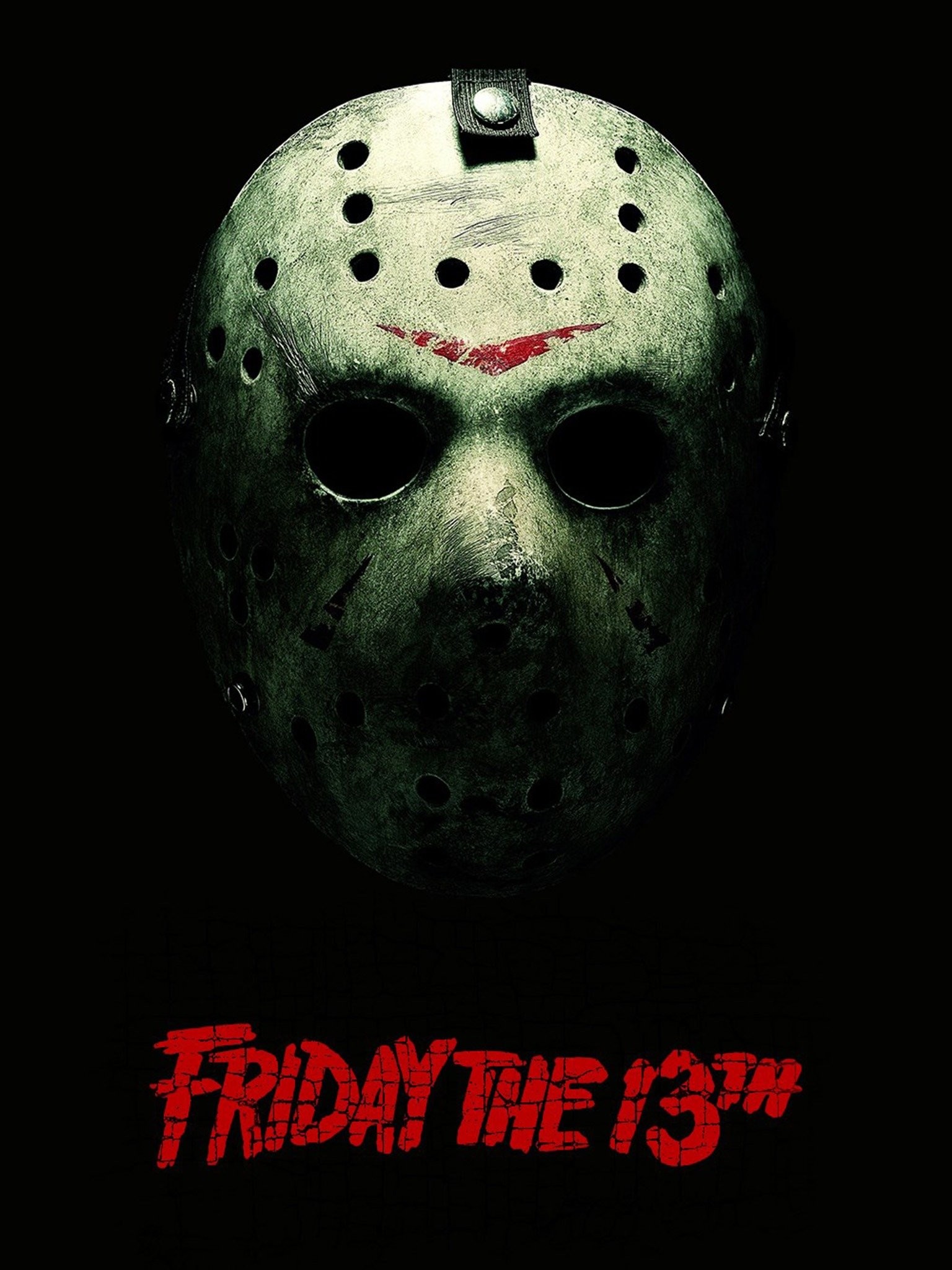Friday the 13th

The air crackles with a strange energy. A chill runs down your spine, even on a summer's day. It's a feeling many can relate to: the apprehension that precedes Friday the 13th. For centuries, this date has been shrouded in superstition and fear, a day whispered about in hushed tones, a day many actively try to avoid. But where does this potent combination of day and number derive its ominous reputation? The answer, it turns out, is far more fascinating and complex than simply bad luck.
A Historical Perspective on Friday the 13th
The association of Friday with misfortune predates Christianity. In Norse mythology, Friday was associated with the goddess Frigg, wife of Odin. Over time, the association shifted to a more negative connotation. The number 13, too, carries its own baggage of negativity. The Last Supper, famously attended by 13 people, is frequently cited as a contributing factor, adding to the existing unease surrounding the number itself. This amalgamation of pre-existing negative associations created a potent cocktail of fear around Friday the 13th.
The Power of Suggestion and the Psychology of Fear
Beyond its historical roots, the power of Friday the 13th lies in the psychology of suggestion. Once a belief takes root in the collective consciousness, it becomes a self-fulfilling prophecy. Many individuals enter a Friday the 13th with a pre-conceived notion of impending misfortune, unconsciously influencing their actions and interpretations of events throughout the day. This heightened anxiety can lead to actual accidents or misfortunes, further cementing the myth's power.
Parapsychology and Friday the 13th
Interestingly, some parapsychologists and researchers have explored the purported heightened occurrences of accidents and unusual events on Friday the 13th. While evidence remains inconclusive, the sheer volume of anecdotal evidence – the numerous near misses, minor accidents, and unusual occurrences reported – suggests a psychological phenomenon at play. The fear itself seems to generate a kind of collective anxiety that subtly influences behavior, leading to an increased probability of incidents.
Embracing the Superstition: A Modern Perspective
Despite the apprehension it evokes, Friday the 13th has also become a source of humorous fascination. Movies, books, and countless jokes play on the superstition, transforming fear into entertainment. This duality showcases the fascinating complexity of the date; it's simultaneously a source of genuine apprehension for some, and a source of amusement and pop-culture relevance for others. It's a testament to the enduring power of myth and the human fascination with the unknown.
Conquering the Fear of Friday the 13th
For those who genuinely feel a sense of dread approaching Friday the 13th, it's important to remember that it’s ultimately just a date. The power it holds is entirely in the mind. By acknowledging the cultural significance of the day and understanding the psychological factors at play, you can actively choose to approach Friday the 13th with a more rational and less fearful perspective. After all, the best way to overcome a superstition is to consciously challenge its power over you.






0 Comments